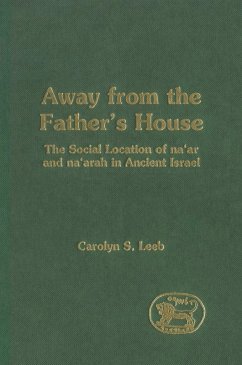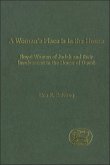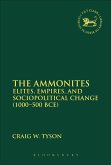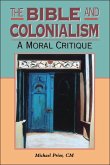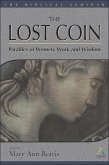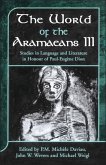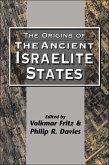Building on the biblical narrative and on social world analysis, Leeb argues that the terms NA'AR and NA'ARAH refer to persons displaced from the father's house (BET 'AB), usually as a result of debt slavery. Hence, rather than working his father's land, and becoming in turn the head of his own household, the NA'AR, as a domestic or military servant, helps build the household of another. Less frequently, the weakness or absence of the father leads to the same, or a similar, predicament. Any woman venturing from her own household is also likely to acquire the status of a NA'ARAH. This is a novel and challenging study in ancient Israelite social structure.
Bitte wählen Sie Ihr Anliegen aus.
Rechnungen
Retourenschein anfordern
Bestellstatus
Storno

